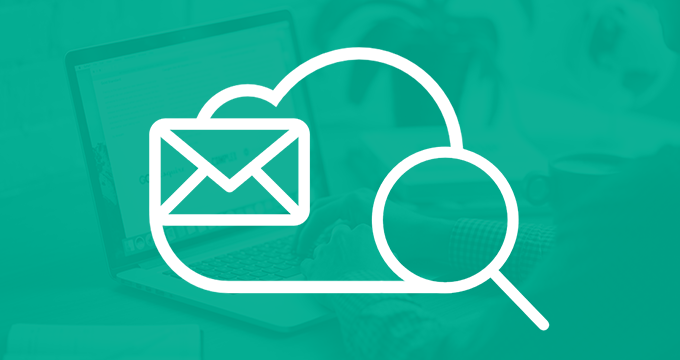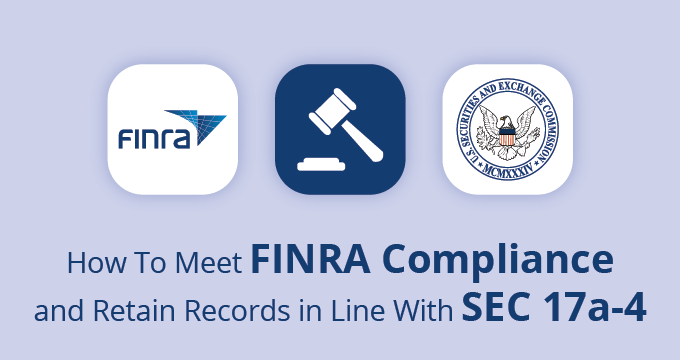Why do you need a HIPAA infographic for staff?
HIPAA is a comprehensive and complex law. An infographic can help simplify the complex information and present it in a simpler, more digestible format, making it easier for staff to understand and remember key points.
Regular training is mandatory for healthcare staff regarding HIPAA compliance. The infographic will serve as a visual reminder of the training content, reinforcing important concepts.
In busy hospital environments, staff might not have the time to consult lengthy documents. An infographic provides a quick reference tool for essential HIPAA guidelines.
This will demonstrate the hospital’s commitment to protecting patient privacy and promoting a culture of compliance among staff.
Where should you display it?
- In staff break rooms and common areas. Places where staff spend downtime are ideal for absorbing information in a less formal setting.
- Near workstations and in clinics. Displaying infographics near where patient interaction occurs serves as a quick reminder of HIPAA practices.
- In training and meeting rooms. Incorporating it into training environments can enhance learning experiences.
- In high-traffic areas like entrances and exits. This will ensure maximum visibility.
Want to print this out?
Fill out the form to get the infographic in a printable format.







